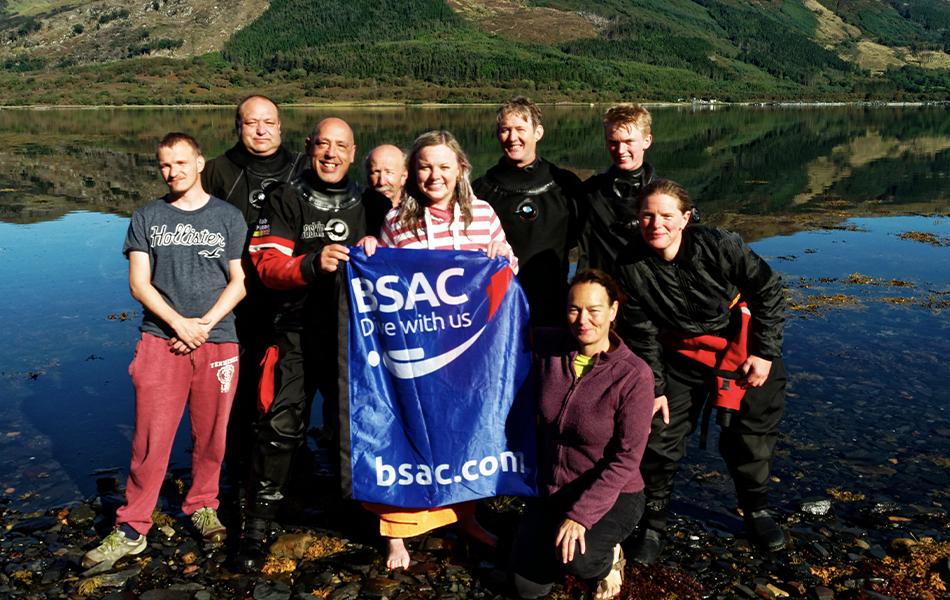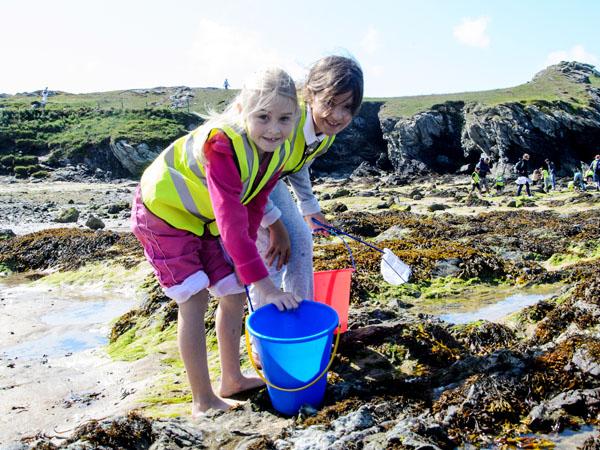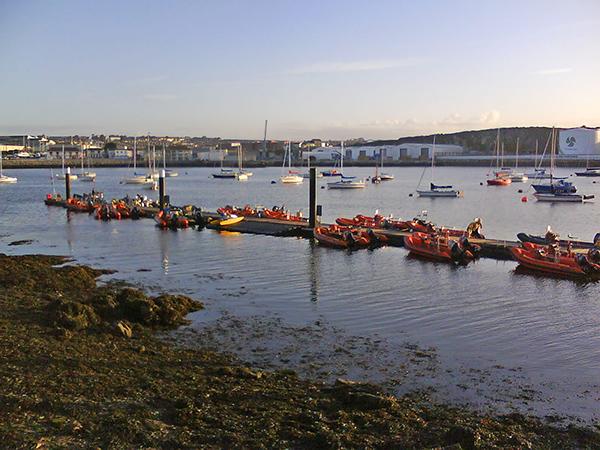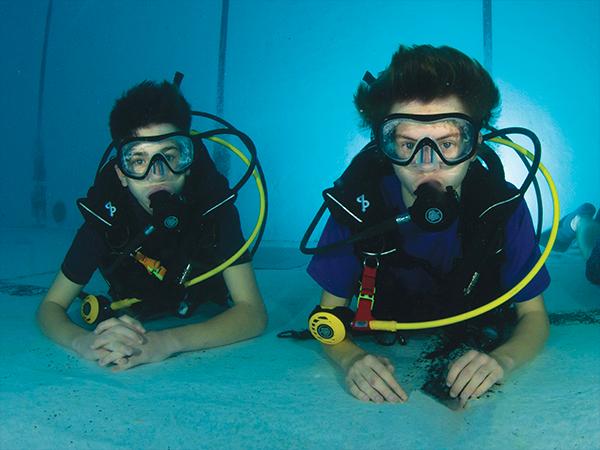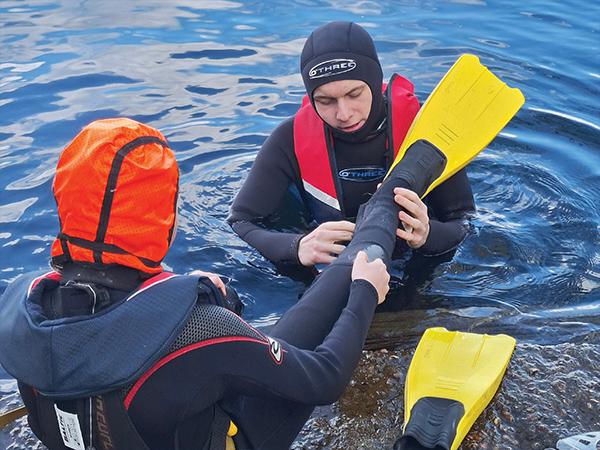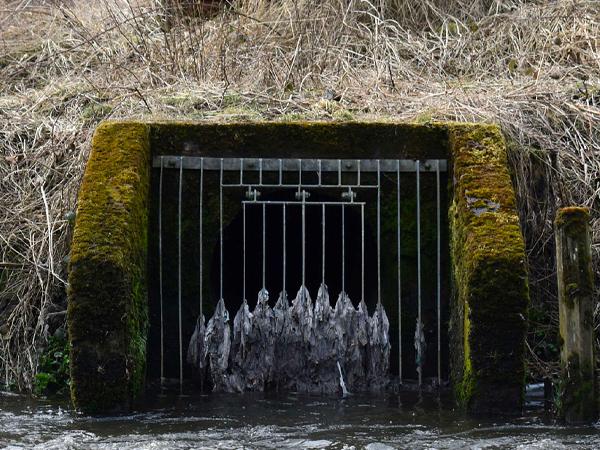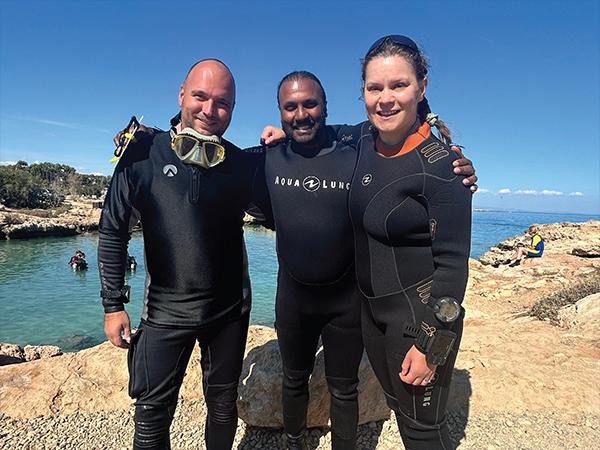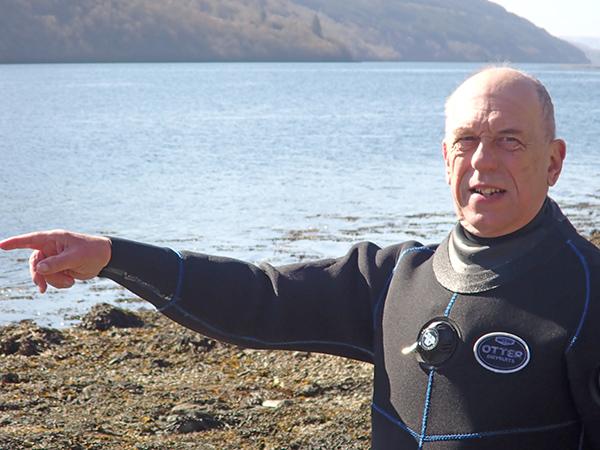What is safeguarding?
The Government advises that everyone working with children should do everything they can to keep children safe. Safeguarding refers to the process of protecting children (and adults) to provide safe and effective care. This includes all procedures designed to prevent harm to a child.
What is child protection?
Child protection is part of the safeguarding process, protecting individual children identified as suffering or likely to suffer significant harm. This includes the child protection procedures which detail how to respond to concerns about a child.
Who is the child safeguarding policy and duty of care and welfare section aimed at?
The information provided in the child safeguarding policy and supporting documentation is for all:
- Club Officers
- Instructors
- Members
- Members’ parents and carers
Further information is available in section 2.2 of the policy.
What is child abuse?
Child abuse is any form of physical, emotional or sexual mistreatment or lack of care that leads to injury or harm.
It commonly occurs within a relationship of trust or responsibility and is an abuse of power or a breach of trust. Abuse can happen to a child regardless of age, gender, race or ability. Abusers can be adults of any gender identity and other young people, and are usually known to and trusted by the child and family.
There are four main types of child abuse: physical abuse, sexual abuse, emotional abuse and neglect. The abuser may be a family member, or they may be someone the child encounters in a residential setting or in the community, including during sports and leisure activities.
An individual may abuse or neglect a child directly or may be responsible for abuse because they fail to prevent another person from harming that child.
Further information is available in section 2.3 of the policy.
What are the indicators of abuse and what do I need to do if I have concerns?
If you do have any concerns about somebody’s behaviour or a concern is observed or raised to you by another person, you need to pass these on to the relevant person or organisation who will investigate them appropriately. This may be either the Welfare Officer within your club or at BSAC HQ. Always report concerns.
Detailed information is available in sections 2.4 to 2.7 of the child safeguarding policy.
Does our club need a Welfare Officer if we are an adult-only club or do not have any children or young people under the age of 18 as current members?
Yes, every club should have a Welfare Officer. The function of the Welfare Officer is to support the wellbeing of all members of the club, not just young people.
The role of a WO is to take the lead in promoting good practice, to be a named point of contact and support for members and parents/carers, to recognise vulnerability and to understand BSAC reporting procedures in case a concern is raised.
Further information on the role, skills and knowledge to look for in a WO is available in the Duty of care and welfare web section.
The child safeguarding policy and supporting documentation looks very detailed and heavyweight for ordinary BSAC members, so how much are we expected to know and understand?
Everyone in BSAC has a responsibility to safeguard and protect young people. Safeguarding legislation and government guidance is in place that BSAC has adopted through the implementation of this policy. Your Welfare Officer, Branch Officers and instructors will ensure all club members and parents of members are aware of how the BSAC safeguarding policy and procedures work within your branch.
You can of course read all of the documentation, as a minimum it is recommended that you know how to raise concerns in a safe and confidential manner if you have a concern about a child’s welfare.
This information is available in sections 2.4 to 2.4 of the child safeguarding policy.
Does BSAC have any guidelines on safe recruitment and selection procedures?
Yes, section 3 in the child safeguarding policy covers this topic. This section includes points on how to ensure effective recruitment and selection procedures and advice on references and Disclosure and Barring Service (DBS).
What is the Disclosure and Barring Service (DBS)?
On 1 December 2012, the Disclosure and Barring Service (DBS) formed from a merger between the Criminal Records Bureau (CRB) and Independent Safeguarding Authority (ISA). DBS was established under the Protection of Freedoms Act 2012 and provides a joined-up service to combine the criminal records and barring functions.
Why is there a code of conduct?
The code of conduct forms part of BSAC's safeguarding policy and procedures. It also supports and complements the Branch Officers’ Handbook, Instructor Manual and Safe Diving guide. It is specifically relevant to the work that you do with children and young people. Make yourself fully aware of the safeguarding policies and actions to take if you have a concern or a concern is raised to you.
Ensure you attend all relevant updating, access ongoing professional development training and have a current DBS check as required and relevant for the position that you undertake within your club.
Detailed information is available in sections 3.5 to 3.9 of the child safeguarding policy.
Can children's names, date of birth and address be given out by clubs/organisations to a third party if parents have not given consent?
The simple answer is no.
For the issue about open access to names, addresses, telephone numbers and DOBs of children you need to consider the following:
- Did the children/parents know the information was going to be used for another purpose than it was asked for in the first place?
- Could the information have been provided as part of a cluster e.g. three children in the area etc.?
- Who received the information?
- What procedures does the regulator (BSAC branch) have in place for disclosing personal information?
Does BSAC have any guidelines on transporting children and young people to diving and training events?
Yes, see section 4.7 Transport policy and trips away guidance for information on this topic. This includes an outline of the issues and some best practice guidance to minimise the risks.
Does BSAC have any guidance on the use of photography?
Yes, see section 4.8 Good practice guidance on photography and video. The section provides guidance of all photographs taken on film or digital camera (including mobile phones) and any form of moving pictures including video recordings (and video streaming) whilst ensuring that the child’s rights and well-being are safeguarded.
Parents/carers want to be able to celebrate the achievements of their children when taking part in sporting activities through photographs and BSAC branches will also want to promote their activities to encourage increased participation.
BSAC does not advocate the banning of photography but recommends that it is subject to appropriate and proportionate safeguards being in place to ensure a safe sporting environment for children and young people.
Does BSAC have any guidelines on the safer use of text, email and social networking sites?
Yes, see section 4.11 Guidance on mobile phones and social networking sites. The section provides good practice guidance on staying up to date and keeping children and young people safe in today’s digital world.
Is there any training available that will enable me to undertake my duty of care as a club member or that will enable me to be a Branch designated officer or Welfare Officer and does this training carry a recognised qualification?
There are currently no formal qualifications specifically for safeguarding children in sport. At this stage, BSAC does not offer training. However, a number of organisations have developed courses to help you keep children safe.
BSAC recommends basic safeguarding training offered by UK Coaching: 'Safeguarding & Protecting Children'.
You can also contact your Local Safeguarding Children Board and ask if they offer any safeguarding training to volunteers, though this will not be sports specific.
Welsh sports organisations should contact Sport Wales sportwales.org.uk directly on 0292 033 8213 for details of Safeguarding and Protecting Children workshops.

